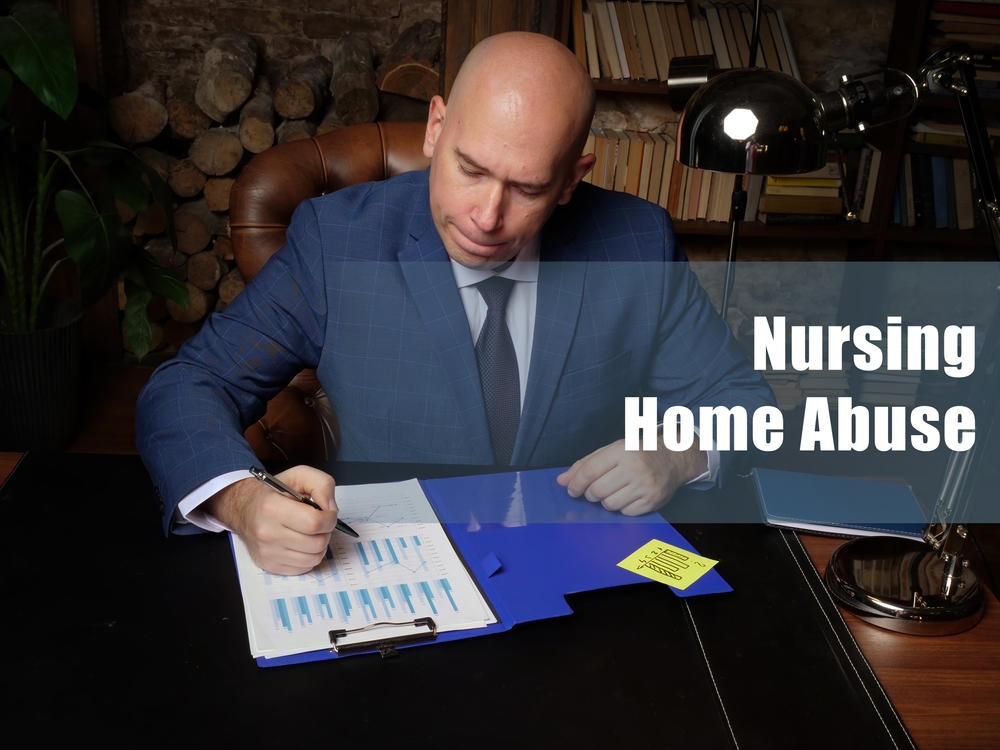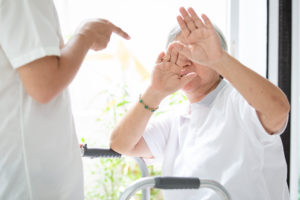Nursing homes are meant to be safe havens for our elderly loved ones, providing the care and support they need in their later years. Unfortunately, nursing home abuse is a troubling reality that can lead to significant harm. Recognizing the common signs of nursing home abuse is crucial for protecting your loved ones and ensuring they receive the respect and care they deserve.
Physical Abuse
One of the most overt forms of mistreatment is physical abuse. Signs can include unexplained bruises, cuts, or burns. More subtle indicators might be seen in a resident’s behavior, such as flinching from touch or showing fear around certain staff members. It’s important to take any physical injuries seriously, particularly if the explanations given do not match the severity or pattern of the injuries.
Emotional And Psychological Abuse
Emotional abuse, though harder to detect, can be just as damaging. Signs include unusual changes in behavior, such as withdrawal from social activities, sudden fearfulness, or unexplained bouts of agitation or anger. Victims may also exhibit behaviors typical of dementia, like rocking or mumbling to themselves, especially if these behaviors were not present before.
Neglect
Neglect is another form of abuse that is prevalent in some nursing homes. This might manifest as poor personal hygiene, unsanitary living conditions, or unattended medical needs. Residents may appear malnourished or dehydrated, or they may be left in bed for long periods, leading to bedsores or other complications.
Financial Exploitation
Financial abuse involves the unauthorized use of a resident’s funds, property, or assets. Signs include sudden changes in bank accounts or banking practices, unexplained withdrawals of large sums of money, or changes in a will or other financial documents. Unpaid bills or lack of amenities that the resident can clearly afford are also red flags.
Sexual Abuse
Sexual abuse in nursing homes, though difficult to discuss, does occur. Signs can include bruises around breasts or genitals, unexplained venereal disease or genital infections, or stained, bloody, or torn clothing. It’s crucial to keep communication open and provide a safe environment for a resident to express concerns or disclose abuse.
How to Respond
If you suspect that your loved one is suffering from abuse in a nursing home, it is critical to take immediate action:
- Document Everything – Keep detailed records of any signs or incidents of abuse, including dates, times, and descriptions.
- Report Your Concerns – Contact the nursing home administration to report your concerns. If the situation does not improve, escalate your complaints to higher authorities, such as the local ombudsman or state licensing office.
- Seek Legal Advice – Consult with an attorney who handles elder abuse and nursing home cases to explore your options for protecting your loved one and holding the abusive parties accountable.
The signs of nursing home abuse can often be subtle and easily overlooked, but understanding these indicators can be the key to safeguarding the well-being of your elderly loved ones. Awareness and proactive monitoring are vital tools in combating the unfortunate reality of nursing home abuse.
Call Our McHenry County Nursing Home Abuse Lawyers For Caring Representation
If you believe your loved one is a victim of nursing home abuse in McHenry County, do not hesitate to act. The Law Offices of Robert T. Edens, P.C. are here to help. Our team of experienced attorneys is committed to fighting for the rights and dignity of the elderly. Contact our McHenry County nursing home abuse lawyers at 847-395-2200 for an initial consultation to discuss your case and find out how we can assist you in ensuring justice and proper care for your family member.



 According to the
According to the 
